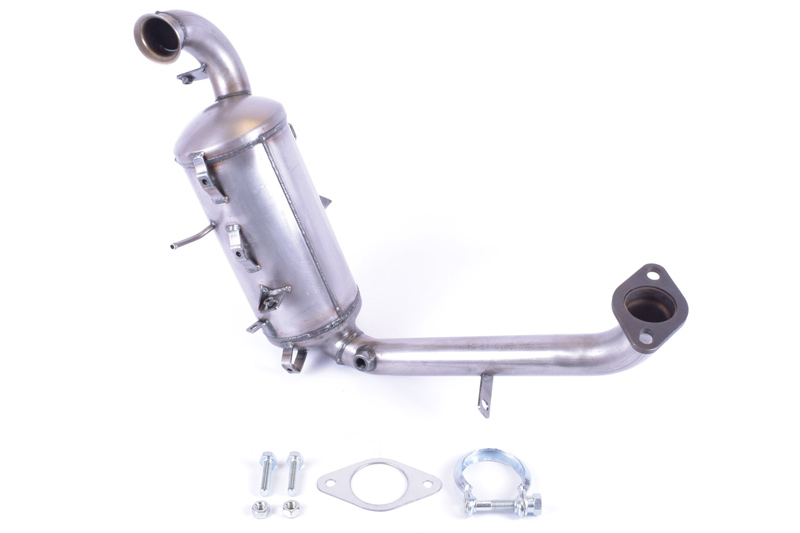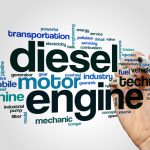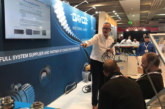With the forthcoming MOT changes as part of the revised Roadworthiness Directive due imminently this May, European Exhaust and Catalyst Commercial Director, Paul Newby has been considering the importance of understanding emissions technologies throughout factors and buying groups.
DEFRA (Department for Environment, Food and Rural Affairs) reported back in 2008 that an estimated 29,000 early deaths in the UK were linked to air pollution, and the forthcoming changes to MOT testing are heavily geared towards detecting the modification of DPF’s and DPF removal.
Despite it being an offence under the Road Vehicle Regulations to use a vehicle that has been modified in such a way that it no longer complies with the air pollution emissions standards it was designed to meet, over 1,000 establishments in the UK are known to offer a DPF removal or deletion service. Potential penalties are expected to be around £1,000 for a passenger car or £1,500 for a van, and the owner of the vehicle will be the one held responsible.
Increased DPF sales
As recently as 2014 diesel sales accounted for more than half of the new car market, so the demand for diesel particulate filters is likely to grow in the short to medium term though the decline in diesel sales in subsequent years indicate a plateau. Because Diesel Engine
Technology is incredibly complex, and efficient engine combustion requires every component to operate within the manufacturers parameters, any item has the potential to impact DPF functionality.
Correct servicing and the appropriate drive cycle is critical to the functionality, although the level of understanding of DPF technologies and the fitting requirements has greatly improved due to industry training and support.
Changing car parc
With over 37 million vehicles in use in the UK, we are seeing many vehicles with older emissions technologies reaching the end of their life and no longer on the road. This is changing the product mix that aftermarket manufacturers are required to produce, and subsequently that factors need to provide. The advancing technology brings greater complexity and cost, and we are already seeing a larger demand in the aftermarket for Euro 5 and 6 technology.

The future
Recent news headlines have raised questions over manufacturers’ future investments in diesel car technology and tougher emissions standards are likely to make the technology enormously expensive. With some manufacturers speculating on future diesel engine development, forthcoming toxicity charges and focus on NO2 emissions, increases in the numbers of electric, hybrid and small capacity petrol engine vehicles are highly likely, particularly in the C segment and below.








